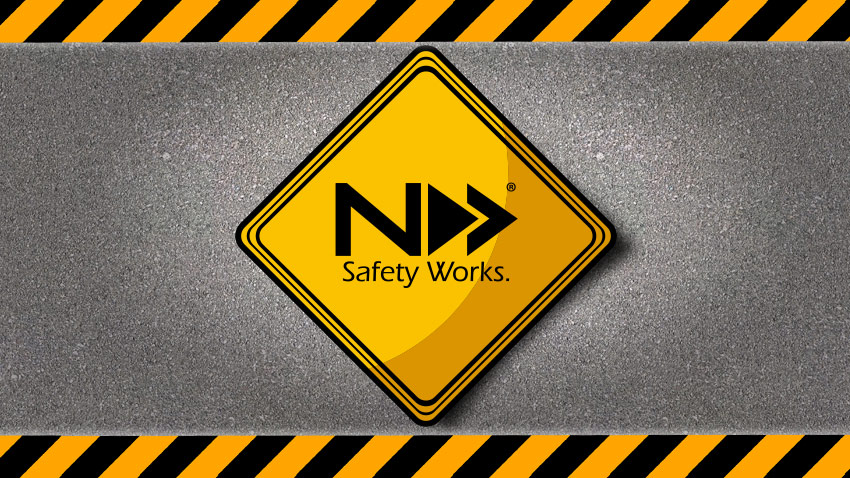Everyone is a champion for safety!

By Matt Rehlander
Every worker must take accountability for eliminating the risk of injury.
While policies and procedures are essential to workplace safety, they aren’t enough on their own. There needs to be a mindset in every employee that they are personally responsible to ensure a safe workplace. Successful implementation of policies and procedures requires addressing common misconceptions about workplace safety and convincing every worker to take responsibility for the good of all.
Two Workplace Safety Misconceptions
The 1st and biggest impediment to a safe workplace is the erroneous belief that “It will never happen to me.” This mindset immediately encourages individuals not to follow policies and procedures. Why should individuals worry about a safety guideline, procedure, or protocol if they are convinced they will never experience a safety incident themselves?
A second misconception that hinders workplace safety is the belief that a workplace safety incident only impacts the injured person. In fact, it creates a ripple effect. If an individual is hurt on the job, they can’t work. Their income may decrease because they’re not working; another worker must step in for the hurt one, putting in more hours under greater pressure, and the company’s scheduling gets tighter, creating stress for everyone. The ripple of a single injury reaches far beyond the injured person to family and coworkers and families of coworkers.
For National OnDemand to create a safe organization, every worker must believe that they are personally responsible for ensuring that every person leaves work the same way they came to work. If a person arrives at the office or work site healthy and unharmed, they should go home healthy and unharmed. That is a shared responsibility of every person at National OnDemand.
Exercising that responsibility requires speaking up. If you see a worker doing something that puts themselves or others at risk, you must address it. Speaking up becomes much easier once everyone is clear that speaking up in this way is encouraged, and people realize that anyone can experience a workplace injury, and everyone will be affected by it.
Seven Words That Lay the Workplace Safety Foundation
Encouraging workers to take responsibility for a safe workforce comes down to seven words: Stuff shouldn’t happen that I can control. If you’re walking down a flight of stairs and you hold the handrail—if you lose your footing, you don’t fall. If you spill coffee, you wipe it up—so nobody slips. If you park your car in the company lot, you back into the space—so you don’t have to back out later, which is less safe than pulling out forward-facing.
Stuff shouldn’t happen that I can control. These seven words encapsulate the safety-first mindset we can and should demonstrate in the workplace. Once everyone realizes that workplace safety incidents can happen to anybody and impact everybody, they will become more inclined to take the personal ownership that those seven words summarize.
Until Next Time. I’m Matt Rehlander for National OnDemand.
